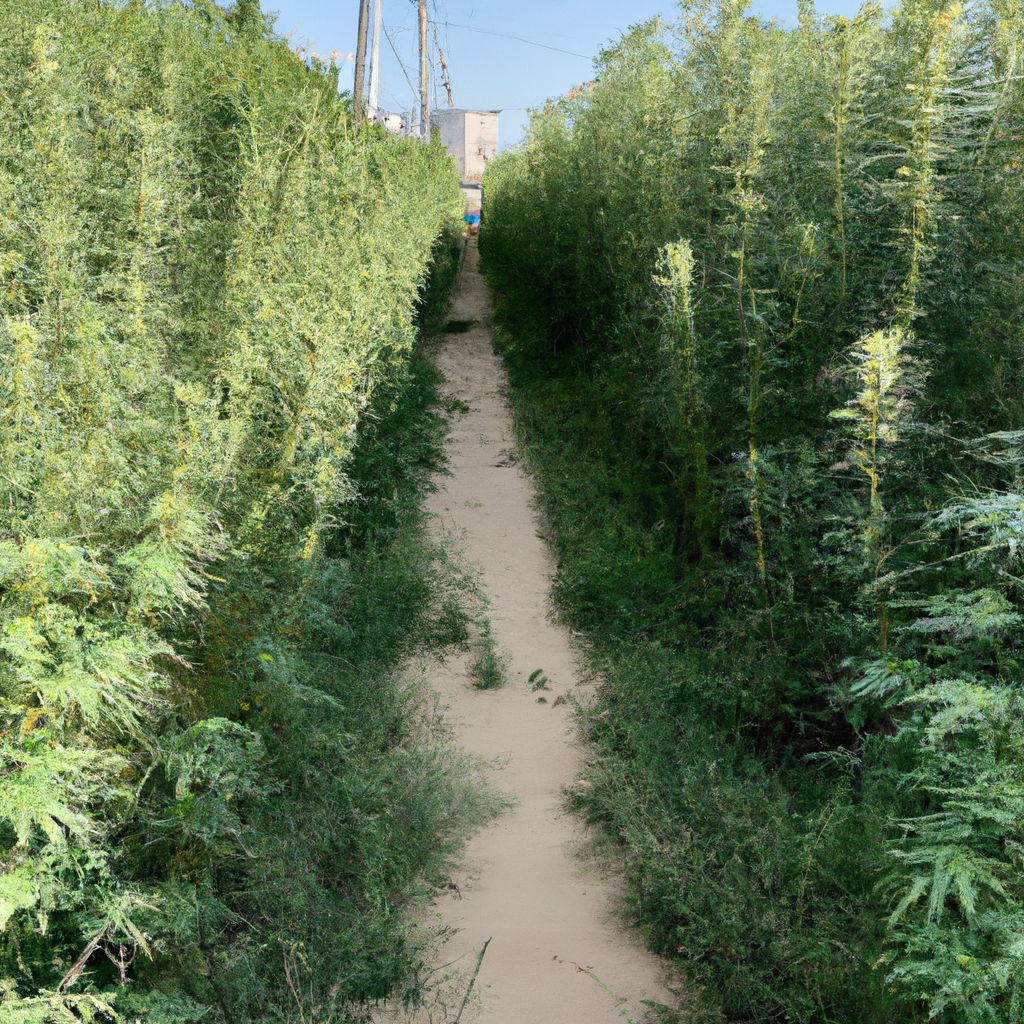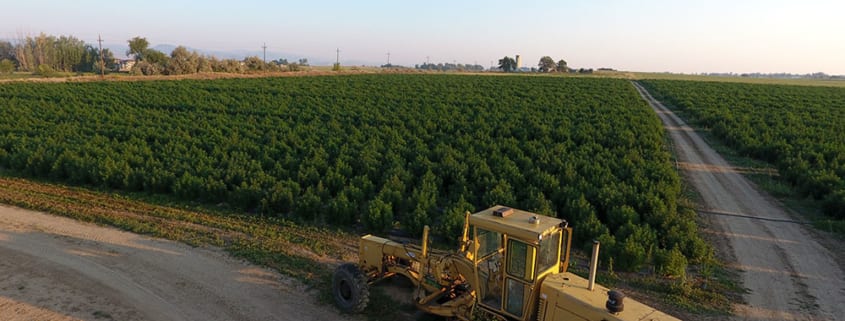
Question: How will GreenWeaver AI’s sustainability focus help businesses in the hemp industry make more environmentally responsible decisions? GreenWeaver SustainableHemp HempIndustry
Here’s how GreenWeaver AI’s sustainability focus can help businesses in the hemp industry make more environmentally responsible decisions:
Data-Driven Insights for Informed Choices:
- Life Cycle Analysis: GreenWeaver AI can analyze the environmental impact of a hemp product throughout its lifecycle, from cultivation and processing to transportation and end-of-life. This allows businesses to identify areas for improvement and prioritize sustainable practices. (Hashtag: #LifeCycleAssessment)
- Material Selection Optimization: The platform can recommend hemp-based materials with lower environmental footprints compared to traditional alternatives. (Hashtag: #SustainableMaterials)
- Energy Efficiency Analysis: GreenWeaver AI can assess energy consumption within a business’s hemp operations, suggesting opportunities for improved efficiency and reduced carbon footprint. (Hashtag: #HempEnergyEfficiency)
Actionable Recommendations and Transparency:
- Supply Chain Sustainability Mapping: GreenWeaver AI can map the environmental impact of a business’s entire hemp supply chain, allowing them to identify and partner with sustainable suppliers. (Hashtag: #SustainableSupplyChain)
- Waste Reduction Strategies: The platform can recommend strategies to minimize waste generation throughout the production process, promoting resource efficiency. (Hashtag: #HempWasteReduction)
- Sustainability Reporting Tools: GreenWeaver AI can generate comprehensive reports on a business’s environmental footprint, enabling them to track progress and communicate sustainability efforts to stakeholders. (Hashtag: #HempSustainabilityReporting)
Overall Benefits:
- Reduced Environmental Impact: By making data-driven decisions, businesses can minimize their environmental footprint and contribute to a more sustainable hemp industry.
- Enhanced Brand Reputation: A focus on sustainability resonates with eco-conscious consumers, potentially boosting brand reputation and customer loyalty.
- Compliance with Regulations: The hemp industry is subject to evolving environmental regulations. GreenWeaver AI can help businesses stay compliant and navigate regulatory requirements.
By leveraging GreenWeaver AI’s sustainability features, businesses in the hemp industry can make informed choices, operate more responsibly, and contribute to a greener future. (#GreenWeaver #SustainableHemp #HempIndustry)
*This generated image was made with Craiyon (https://www.craiyon.com/)



